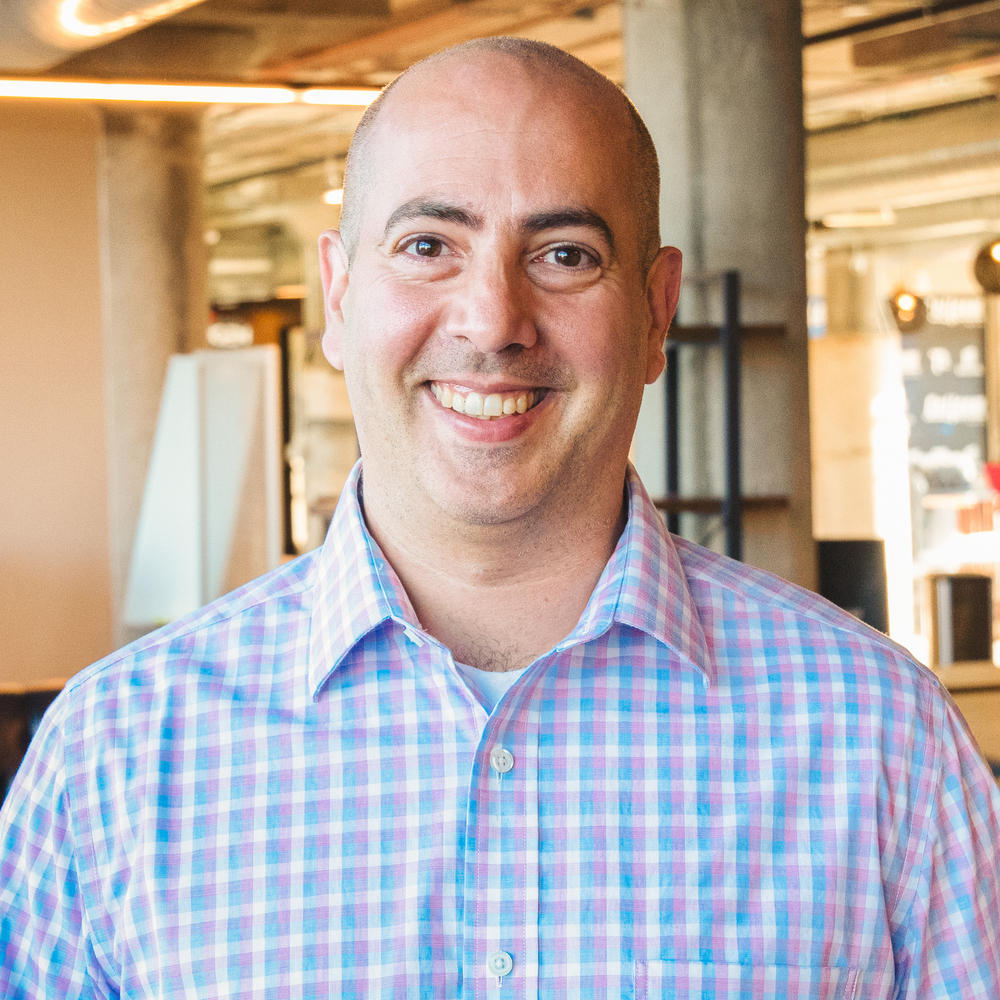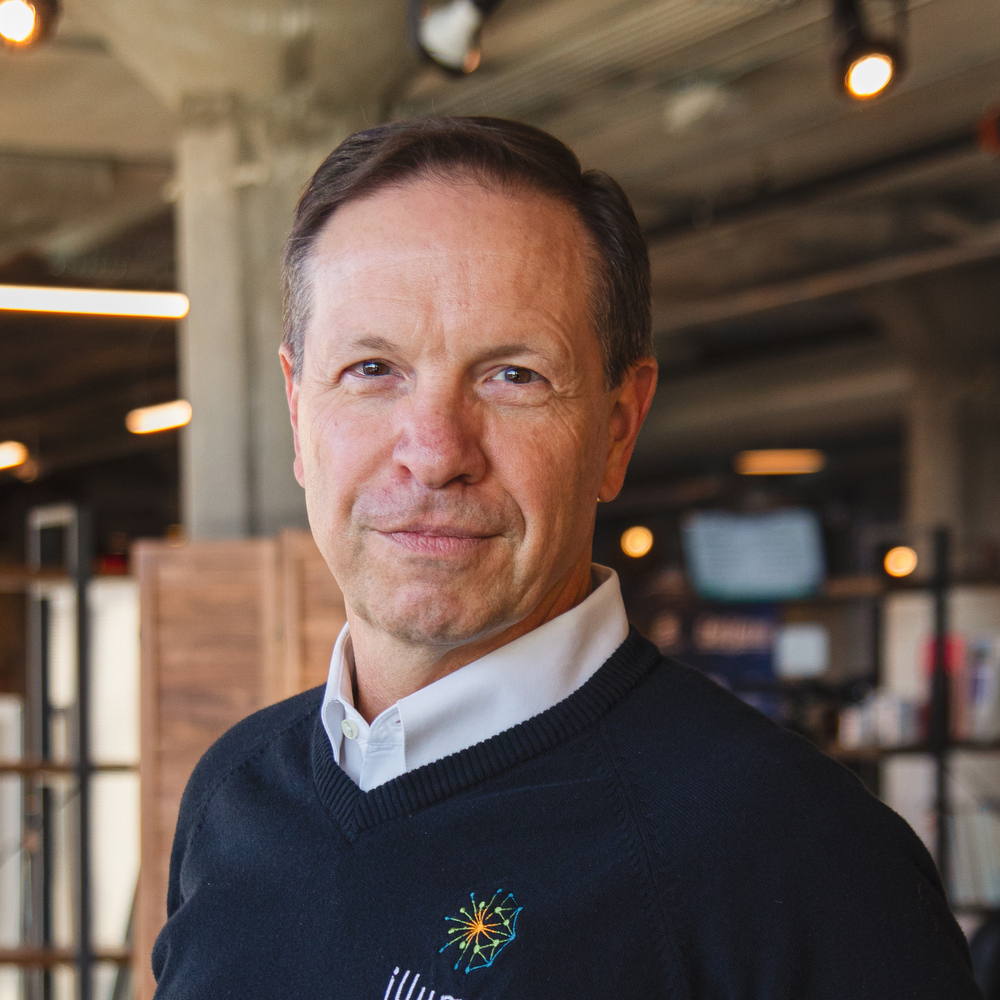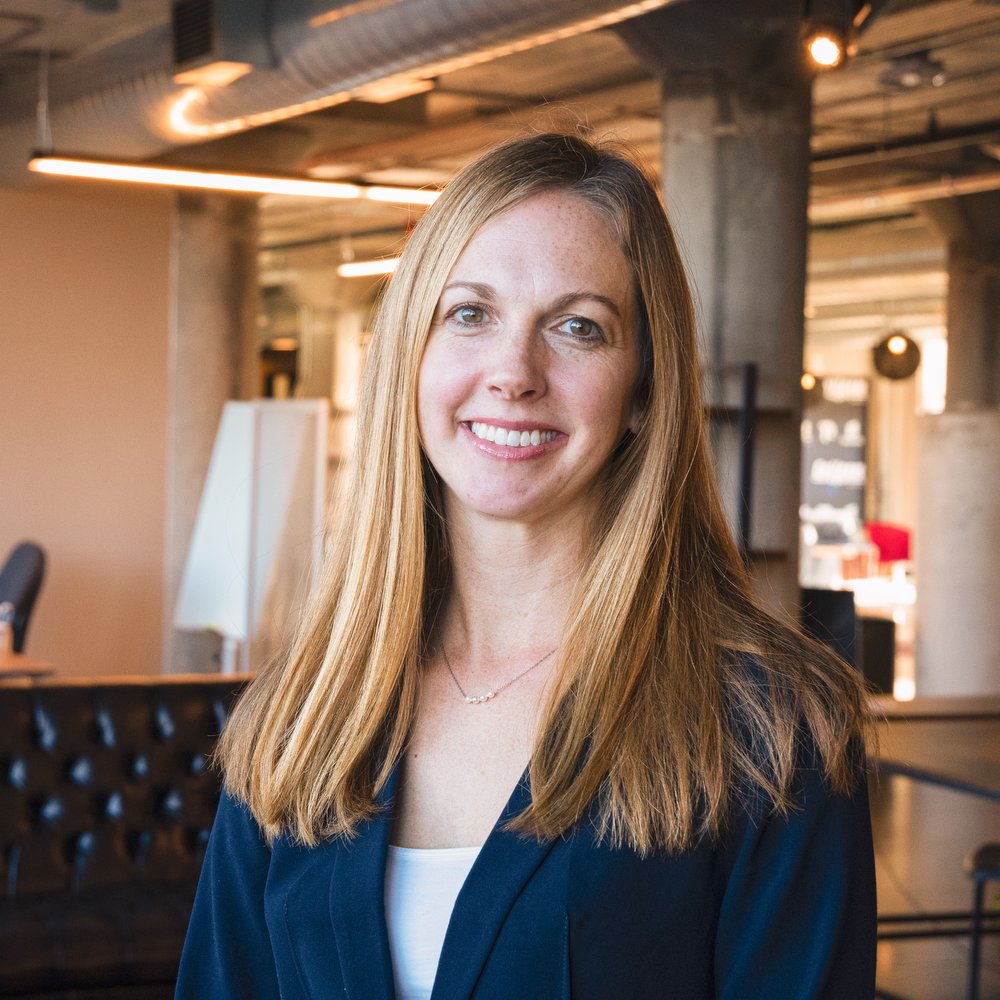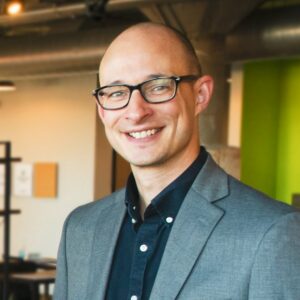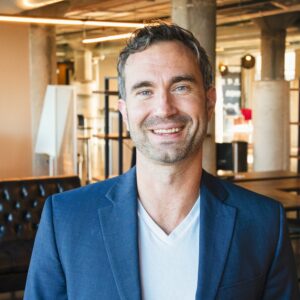In today’s ever-evolving business landscape, organizations are looking to find effective solutions and sustainable problem-solving approaches. While traditional consulting firms can provide valuable insights, there is an alternative path that encourages organizations to tap into their own potential.
Also known as Process Consultation, this method focuses on empowering organizations to be at the forefront of change.
Throughout the article, discover what Process Consultation is, how it encourages co-creation, and what teams are required within your organization.
What is Process Consultation and why is it encouraged?
Process Consultation was introduced to organizational development by Edgar Schein (1987).
It is a collaborative methodology that empowers organizations to solve their own problems by using their internal knowledge and expertise. Typically, this methodology involves a consultant to help them through the process.
Here are a few assumptions of Process Consultation:
- Problems are solved more effectively, and solutions stay longer if the organization learns to solve the problems themselves.
- The organization will always know more about its own situation than an external consultant will. However, problem identification is a part of the process, and the organization may not know where the problem lies.
- A key role of the consultant is to develop the client’s capabilities to solve their own problems over time. This means there is a mutually helping relationship between the consultant and the organization. The consultant works with the organization and not for the organization. This contrasts with a doctor-patient relationship where the doctor is expected to be the sole expert on all problems brought to them, giving pre-determined advice.
How co-creation impacts organizational change
When a small group of employees is involved in helping to refine surveys and assessments, they are more likely to encourage their peers to fully participate in the survey process.
This process also results in the consistent development of survey constructs that have high reliability.
While co-creation may take more time than having a consultant run everything, it does dramatically increases buy-in.
How to get started
First, hire a consultant that practices Process Consultation. This will help with preparing, executing, and analyzing the surveys.
Then, form either a Culture or Survey team to aid in developing your surveys.
Once you have your team identified, the consultant will then:
- Refine the survey to the most relevant survey statements.
- Re-word statements to best measure unique phenomena in the organization.
- Provide rationale to HR and Executive leaders for the inclusion or exclusion of certain survey statements.
Is it better to form a Survey or Culture Team?
While both are similar in their roles, there are big differences in scope and involvement.
| Survey Team | Culture Team |
|---|---|
| Ad-hoc in nature. Limited in focus and scope. A Survey Team only provides support for the specific survey development and deployment. | Long-term in nature (2-3 years minimum). |
| Encouraged to use when project timeframe is compressed. | Engaged as a key stakeholder group at all phases of the project. o Survey development and deployment o Action planning involvement o Implementation support for actions o Communication responsibilities o Interface with Execs and other leaders as “employee” representatives |
| Provides flexibility as the organization can always choose to involve them in action planning or other phases of the project in the future. | Used as a key strategy to develop high-potential employees. |
How to select your Survey or Culture Team
When creating a Survey or Culture Team, start with a group of 5-8 individuals. The group size can be as large as 20, but a larger team does require extra team formation steps.
The group size can always be expanded in the future or as the project requires.
Consider the following three criteria when selecting employees to participate:
1. Representation from multiple roles, departments, and locations
2. Emphasize informal influencers:
- Optimists and champions (promoters)
- High-potential employees
- Frustrated, skeptical, or cynical leaders
- Hot Tip: Including frustrated employees has its pros and cons. If they feel heard and included, they can turn into powerful advocates. But they can also work to undermine the process. The key is to find frustrated employees who truly care about the organization.
- Influencers who are able to provide productive input
- Boundary spanners (those who have a broad view of the organization)
3. Individuals that support open communication
- Hot Tip: Limit or mitigate power dynamics by not having a supervisor or manager in the team with any of their direct reports.
Time involvement
Time involvement varies by company and how much responsibility the organization is willing to delegate to either a culture or survey team.
Here are some loose time commitments each member should expect to have:
Survey Team:
- 2-3 meetings for 60-90 minutes per meeting (spread over 2-6 weeks)
- May spend unscheduled time informally communicating and encouraging survey participation with their peers
Culture Team:
- Month 1:
- Meet up to 8 hours to develop team charter (roles, responsibilities, etc.)
- Month 2-6
- Meet an average of 2 times per month, ranging between 2 to 4 hours total each month
- Some individuals may spend an additional 2-4 hours per month working on special projects
- Month 7-12
- Meet once per month for up to 2 hours
Organizational change done right
Process Consultation is a powerful approach organizations can tap into.
By encouraging a culture of active problem-solving through co-creation, companies can harness the collective wisdom of their workforce, driving transformative change and fostering sustainable success.
Interested in getting started? Get in touch with a consultant that believes in this approach.

